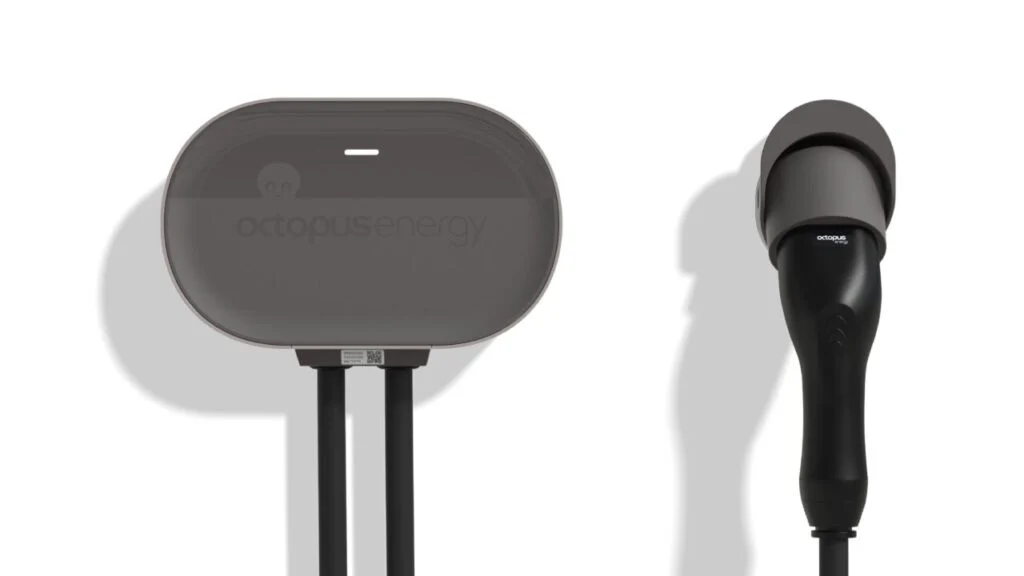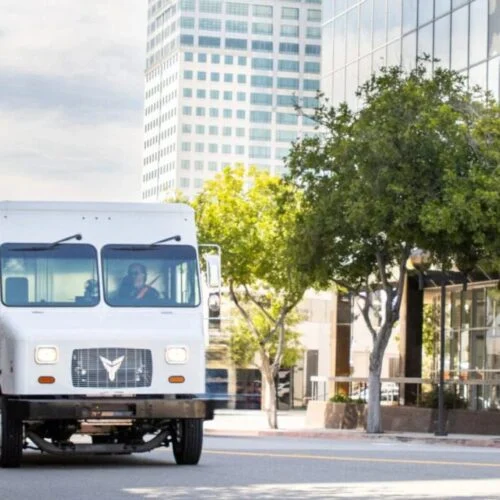Octopus Energy has announced the launch of its own home EV charger, Octopus Charge.
The UK’s biggest energy supplier has designed the new charger to work alongside its smart energy platform Kraken, allowing it to shift towards charging automatically when energy is cheapest and greenest.
Octopus Charge is also able to integrate with Intelligent Octopus Go, Octopus Energy’s smart EV tariff, and its recently launched Drive Pack tariff, which allows unlimited EV charging for £30 per month. The charger will initially be available to existing customers of Octopus’ EV leasing business before being launched to all Octopus Energy customers in August of this year.
To promote the new charger, the first 100 early adopters are being offered up to 5,000 miles of free charging — enough to make the journey from Land’s End to John o’ Groats and back again.
While this is the first time that Octopus Energy has launched its own home EV charger, this is not the first home low-carbon hardware the company has released. At the Energy Tech Summit in London in September 2023, Octopus launched the Cosy 6, a heat pump system designed to bring costs down for consumers and thus boost the rollout of the tech. This was followed by the release of the Cosy Octopus heat pump tariff in June 2024.
Rebecca Dibb-Simkin, chief product officer at Octopus Energy, commented that the company was “delighted” with the product launch, adding: “Charging at home is already better than queueing up at the petrol station – and now we’ve made it even simpler.”
Home EV charger access key to EV rollout
Studies have shown that the cost of charging an EV at home can be hundreds or even thousands of pounds cheaper than using public chargepoints, with data from Cornwall Insight revealing that public charging can cost as much as £1,500 more per year than using an off-peak home charging tariff.
As such, the ability to charge at home is a significant piece in the affordability puzzle that is currently restricting the EV market; a report published earlier this month by Cornwall Insight revealed that while 80% of EV drivers are able to benefit from home charging, around 75% of UK homes lack access to a driveway, forcing them to rely on more expensive public charging for their EV.
Furthermore, until recently, the requirement to submit a planning application to install an EV charger at home proved an expensive and logistical barrier, something which the UK government has aimed to eliminate with the recent announcement that planning consent will no longer be required for home or business EV charger installations.
The Department for Transport (DfT) estimates that this policy change will help prospective EV charger owners save an average of £1,100 when adding EV charging to their home.






